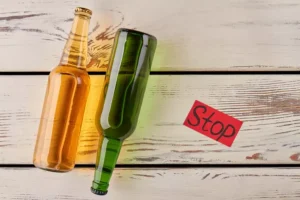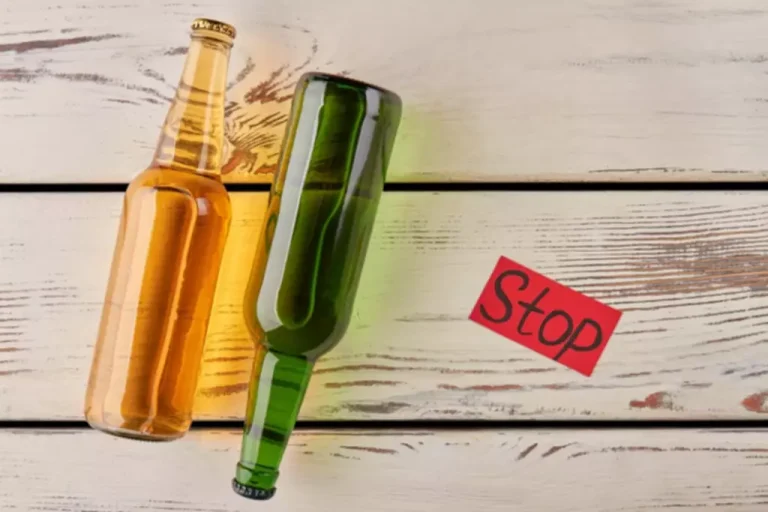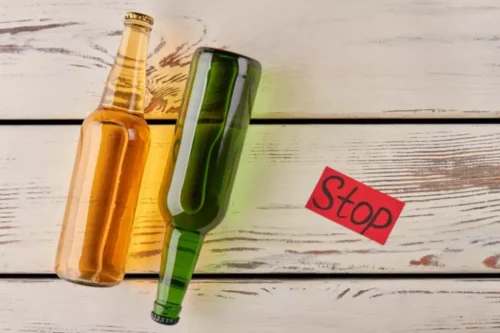
“If I try to cut down or stop my intake and have negative consequences — cravings, irritability, upset stomach, chills, etc. — that could be a sign that my use has become dependence. “A person is not dependent on a drug unless they experience some kind of negative outcome upon stopping their use,” said Reiman. This means that when the drug wears off, the person’s heart could start to race, they could become irritable or depressed, or experience any number of other reactions called withdrawal.

Disorders
Cannabis appears to aggravate already decreasing nerve https://ecosoberhouse.com/ connectivity in young adults at risk of psychosis, a new study has found. For those supporting a loved one through addiction, your role is crucial. Recovery is a team effort, and your support can make all the difference. So, how do you know if you or someone you care about is dancing with the green devil? Let’s break it down into physical, psychological, and behavioral signs.
Cannabis is a known risk factor for developing psychosis that can progress to schizophrenia
Cannabis addiction among these people only exacerbated this process, it found. Let’s dive into the nitty-gritty of how cannabis affects our brains. When you smoke or ingest weed, THC binds to cannabinoid receptors in your brain, triggering a release of dopamine – the feel-good neurotransmitter. It’s like your brain’s reward system just hit the jackpot, and boy, does it feel good. Treatments are available that can help people overcome marijuana addiction.
$9 million donation earmarked for cannabis research
- 7) There is a persistent desire or unsuccessful efforts to cut down or control substance use.
- Socially, the prioritization of cannabis use can strain relationships, diminish academic or professional performance, and even result in legal and financial troubles, contributing to isolation and further substance use.
- NAC is being investigated as an anticraving agent in cannabis addiction therapy due to its regulatory role in glutamate and dopamine signaling (Samuni et al. 2013).
- There’s no clear answer to this question as it varies by individual.
For years it was believed that cannabis could not be addictive and many people today still hold that belief to be true. Current research supports that cannabis is both physically addictive and psychologically addictive. Coinciding with these troubling effects is the fact that the concentration levels of THC found in why is weed so addicting marijuana have increased dramatically over time.

Signs of Marijuana Addiction
The conversation around marijuana use has become more nuanced since the World War II era film “Reefer Madness” portrayed the drug as destructive and dangerous. This classification is something that really grates people who support legalization of marijuana. On the other hand, there are studies that have issued warnings on marijuana and heart health as well as using marijuana for morning sickness. In recent years, there have been a number of studies that have highlighted the use marijuana in treating certain medical conditions.

- The study, conducted at McGill University and published in Jama Psychiatry, could pave the way for better psychosis treatments targeting symptoms missed by current medications.
- The person experiences symptoms when they stop using the substance, which makes them feel the need to use it again.
- Marijuana also poses several other health risks that people should consider.
- People are drawn to marijuana because of the effects of THC, or delta-9-tetrahydrocannabinol, which is the main psychoactive component in the cannabis plant.
- When given a chemical, methylphenidate, that caused dopamine levels to rise in the brain, the marijuana users didn’t respond as strongly or feel as high as nonusers.
The bronchial passages relax and become enlarged, and blood vessels in the eyes expand, making the eyes look red. THC begins to enter the brain causing the euphoric “feeling Oxford House high” – by acting on the brain’s reward system. THC activates the reward system much the same as nearly all drugs, by stimulating brain cells to release the chemical dopamine. The THC effects on the brain disrupt balance, posture and coordination of movement and reaction time.
- By 2001, the proportion of under-18 users had increased by 67% since the 1960’s.
- If you’re pregnant, you shouldn’t use medical marijuana unless your doctor says it’s OK.
- And so, as a result, the withdrawal can be protracted compared, to say, other substances.
- Or a drug can cause no withdrawal at all, as in the case of cocaine, but still pose a high likelihood that a person will develop an addiction when using it.
- And among people who are using daily, that number is closer to one in three.
Theoretical Model of Addiction
Tailoring treatment to meet personal needs and circumstances paves a smoother path to recovery. Together, these consequences create a cycle that perpetuates CUD, impacting all aspects of an individual’s life. Socially, the prioritization of cannabis use can strain relationships, diminish academic or professional performance, and even result in legal and financial troubles, contributing to isolation and further substance use. Collaborating with esteemed organizations like Epiphany Wellness and Ocean Recovery, Amanda has produced valuable and enlightening content that empowers individuals on their path to recovery. Her work with these organizations exemplifies her exceptional expertise and unwavering commitment to providing accurate and reliable information to those seeking assistance. Inpatient treatment involves a hospital or residential setting that offers 24/7 care and supervision while the patient undergoes treatment plans.